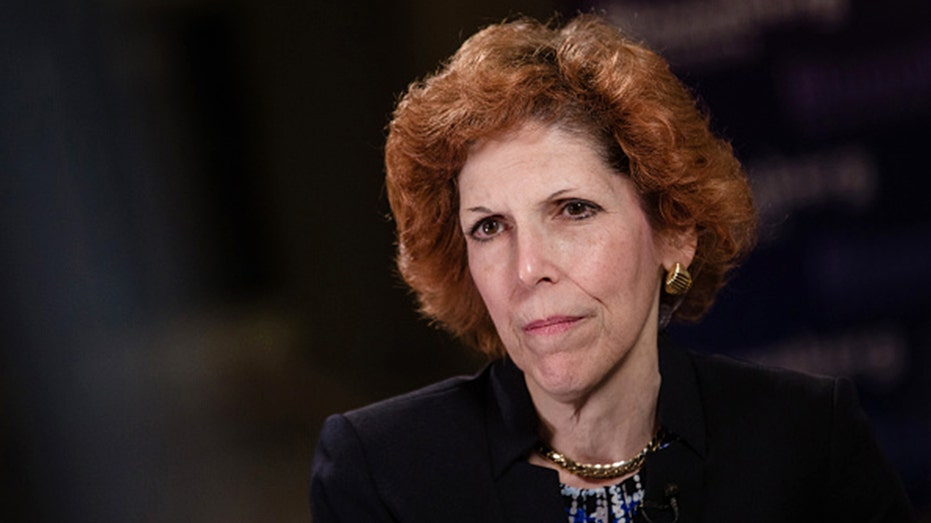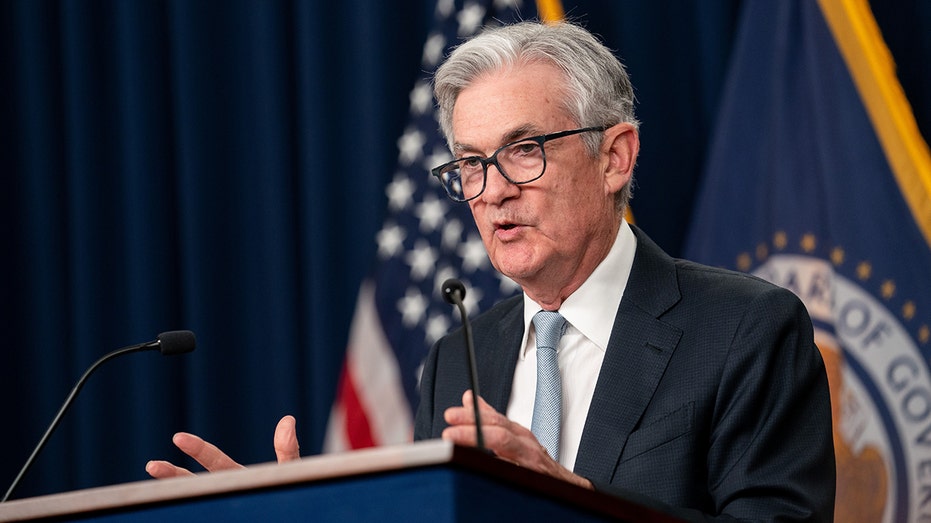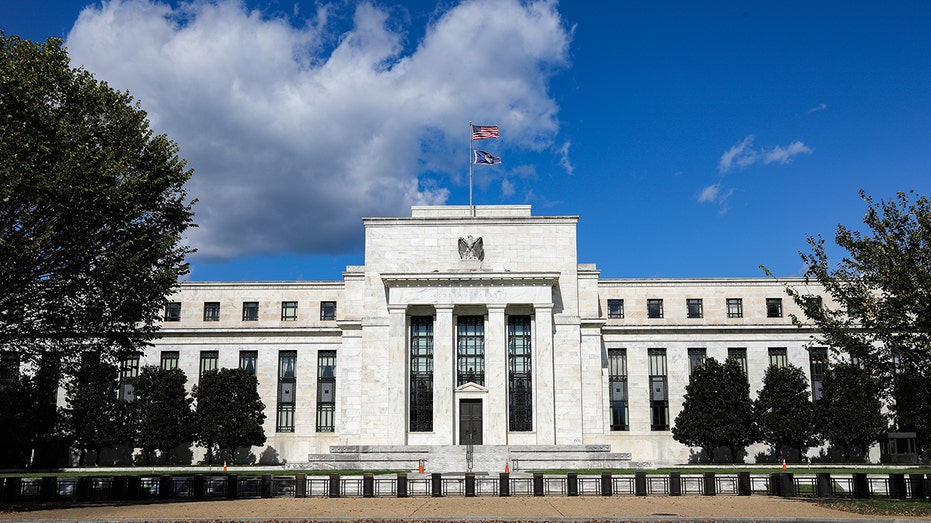Federal Reserve Bank of Cleveland President sees no 'compelling' reason to pause rate hikes: report
The Federal Reserve is schedule to hold its next meeting on interest rates starting on June 13
One top Fed bank official doesn't see a reason to pause interest rate hikes.
President and chief executive officer of the Federal Reserve Bank of Cleveland, Loretta Mester said there was no "compelling" reason to wait before implementing another interest rate rise should economic data confirm that more must be done to bring US inflation under control.
Mester made the comment during an interview with the Financial Times.
The Fed bank president was pushing back against recent suggestions from some policymakers who argued the US central bank should forego a rate rise at its next meeting in June.
ANOTHER FED RATE HIKE COULD BE IN PLAY DURING JUNE MEETING

Loretta Mester, president of the Federal Reserve Bank of Cleveland. (Photographer: Marlene Awaad/Bloomberg via Getty Images / Getty Images)
The agreement this weekend between the White House and Republican congressional leaders on the US borrowing limit "relieved uncertainty about the economy," Mester added.
The deal will be put to a vote in the House of Representatives on Wednesday.
There has been division among policymakers over fresh rate rises, with some officials hinting at a pause in June.
FED OFFICIALS DIVIDED OVER ADDITIONAL INTEREST RATE HIKES, MEETING MINUTES SHOW

U.S. Federal Reserve Chair Jerome Powell attends a press conference in Washington, D.C. ((Photo by Liu Jie/Xinhua via Getty Images) / Getty Images)
Mester said she could still be swayed by incoming employment data due on Friday as well as the next inflation report, which will be released ahead of the next Fed meeting on starting June 13.
The Fed has raised its benchmark rate by more than 5 percentage points in a little over a year. The fed funds rate now hovers between 5 per cent and 5.25 per cent.
Mester is not currently a voting member of the policy-setting Federal Open Market Committee.
FED PRESIDENTS SIGNAL MORE INTEREST RATE HIKES NEEDED TO COOL INFLATION

A view of the United States Federal Reserve building, in Washington DC. ( (Photo by Yasin Ozturk/Anadolu Agency via Getty Images) / Getty Images)
GET FOX BUSINESS ON THE GO BY CLICKING HERE
Fed chair Jay Powell recently hinted he supported a pause, pointing to the number of rate rises the Fed has implemented.
Powell has also argued the recent banking turmoil will tighten financial conditions and in effect do some of the central bank’s job for it.





















